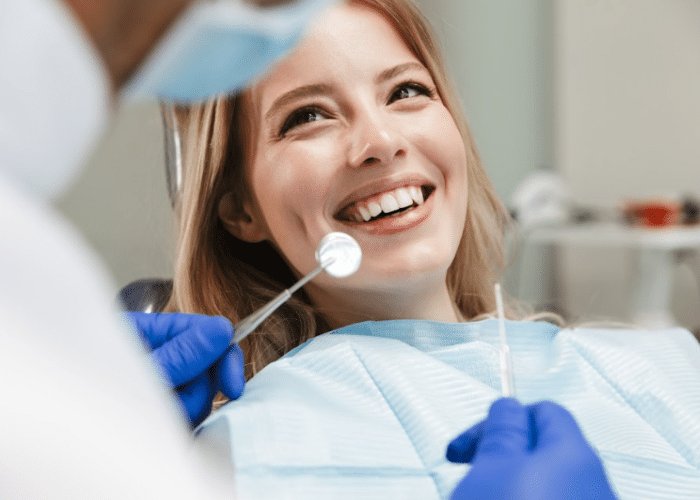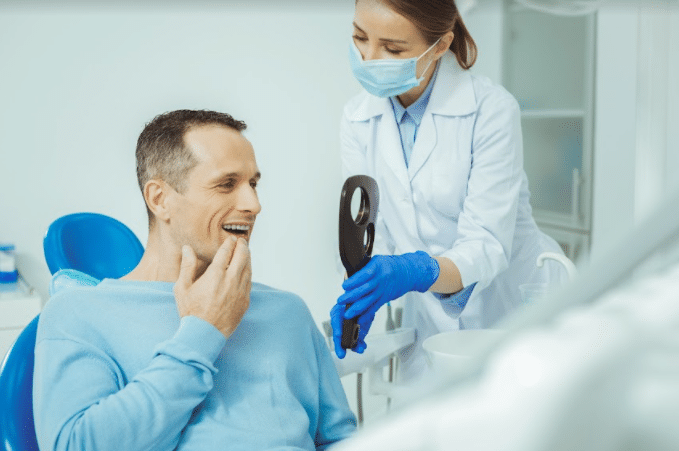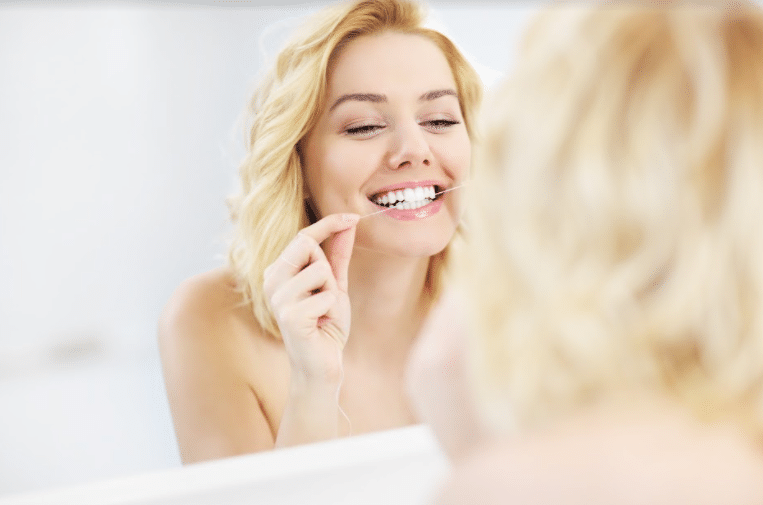Advancements in modern tools and techniques make root canal therapy today a painless procedure. A root canal is now very similar to having a cavity filled by your dentist.
Key takeaways:
- The tools a dentist uses for a root canal today are specially designed for the procedure and are high-precision to minimize the impact on your teeth.
- A local anesthesia is used to numb the tooth prior to a root canal to make the procedure painless, although the area may feel sore afterwards.
- It is far more common today to apply a dental crown after a root canal to help protect the tooth from further complications.
“In addition, dentists now have microscopes to properly see inside the tooth and ensure it is fully cleaned out before sealing the chamber. The contemporary instruments dentists use also allow them to finish the root canal in a much shorter period of time and with higher success rates.”
Read the full story here
https://yourdentalhealthresource.com/how-has-root-canal-therapy-advanced-over-the-years/









